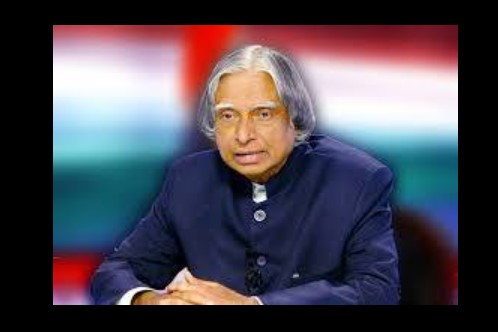Narayan Murthy, Infosys Founder in a candid interview on Saturday, shared a surprising revelation about his early career. Despite once applying for a job at Wipro, he was turned down, ultimately leading to the creation of Infosys—a company that would become one of Wipro’s major rivals in the IT industry.
According to Murthy, former Wipro chairman Azim Premji later admitted to him that not hiring him was a significant mistake.
“Azim once told me that one of the biggest mistakes he committed was not to hire me,” Murthy, now 77, disclosed, suggesting that this decision had far-reaching consequences for both him and Wipro.
In 1981, Narayana Murthy founded Infosys with the support of six friends and a modest Rs 10,000 seed investment from his wife, author Sudha Murty.
While Narayana Murthy started from scratch, Azim Premji transformed his inherited vegetable oil empire into an IT software solutions provider firm.
As of January 12, 2024, Infosys is valued at ₹6.65 lakh crore, while Wipro stands at ₹2.43 lakh crore.
Premji says refusing Narayana Murthy a job was a mistake
Reflecting on his journey, in his interview with CNBC TV18 Murthy began his career as a research associate at IIM Ahmedabad, later working as a chief systems programmer. Alongside a colleague, he developed India’s first BASIC interpreter for TDC 312, a computer manufactured in the late 1960s by Electronics Corporation of India Limited.
After the failure of his initial IT venture, Softronics, Infosys was born.
Regarding family involvement in business, Narayana Murthy‘s perspective differs from Premji’s. While Rishad Premji took over Wipro after his father’s retirement in 2019, Murthy stated that his son Rohan would “never” seek a role at Infosys.
“He’s even stricter than I am in these ideas; he will never say that,” Murthy told CNBC-TV18.
Decades ago, Murthy had a similar response to his wife Sudha Murty’s desire to join Infosys. Initially unsupportive, he later admitted regretting the decision, acknowledging his wife’s qualifications and describing himself as “wrongly idealistic” at the time.






